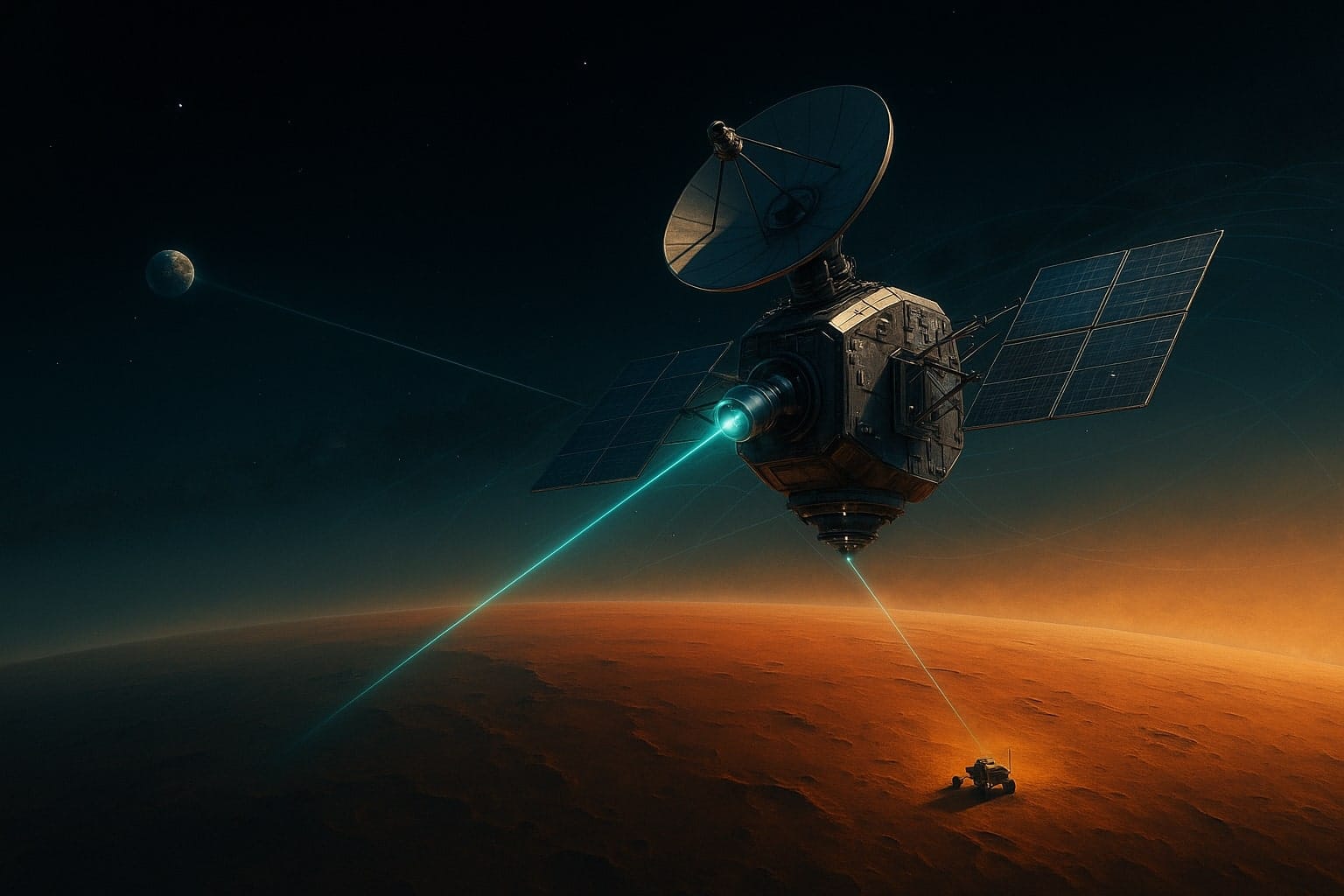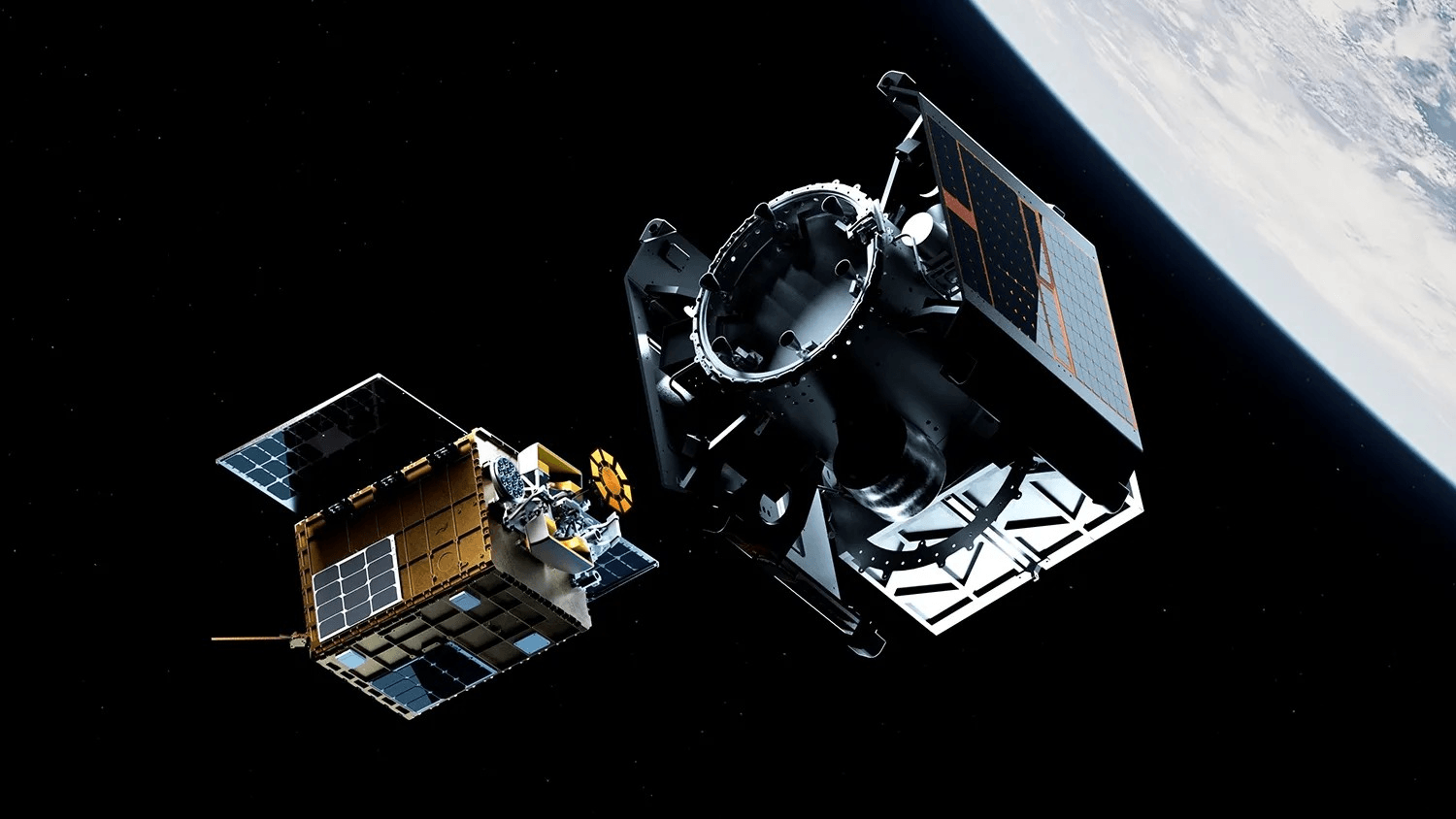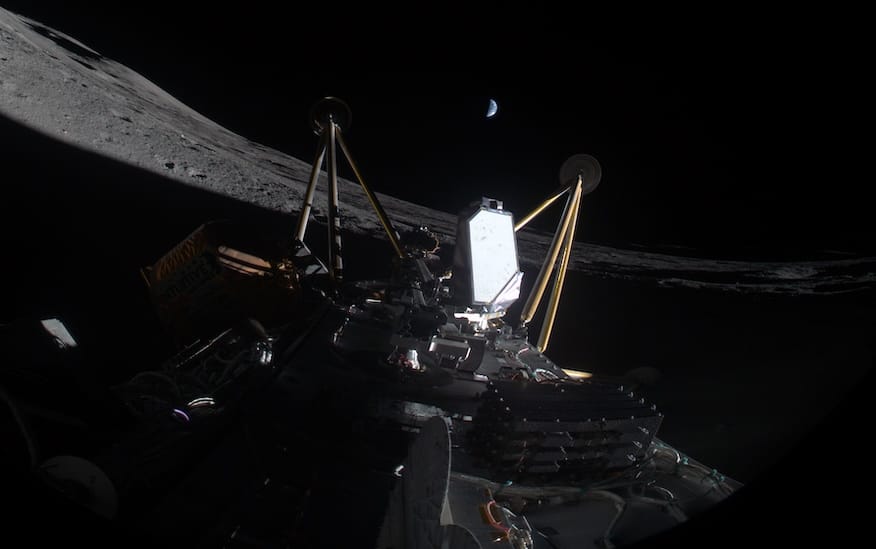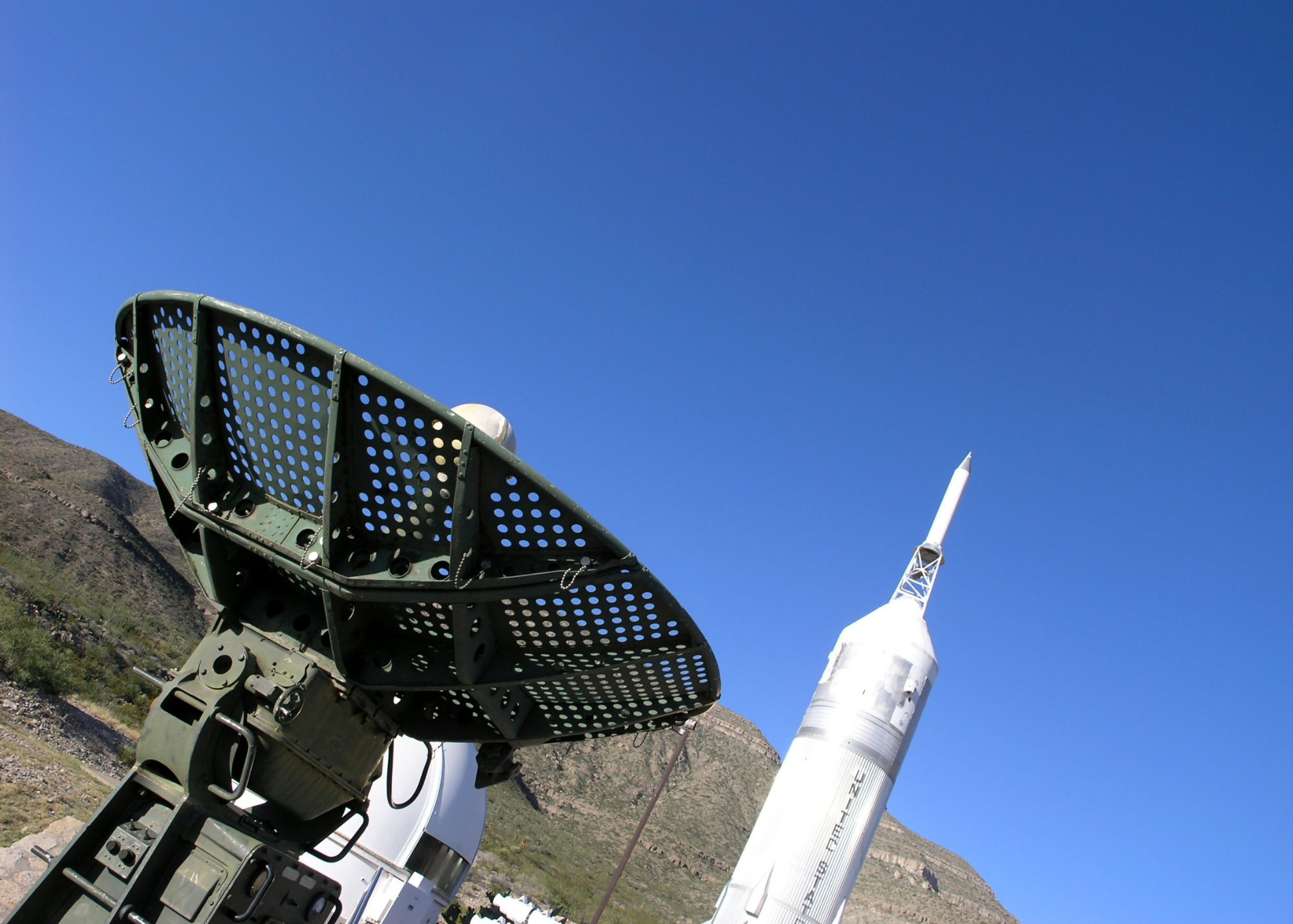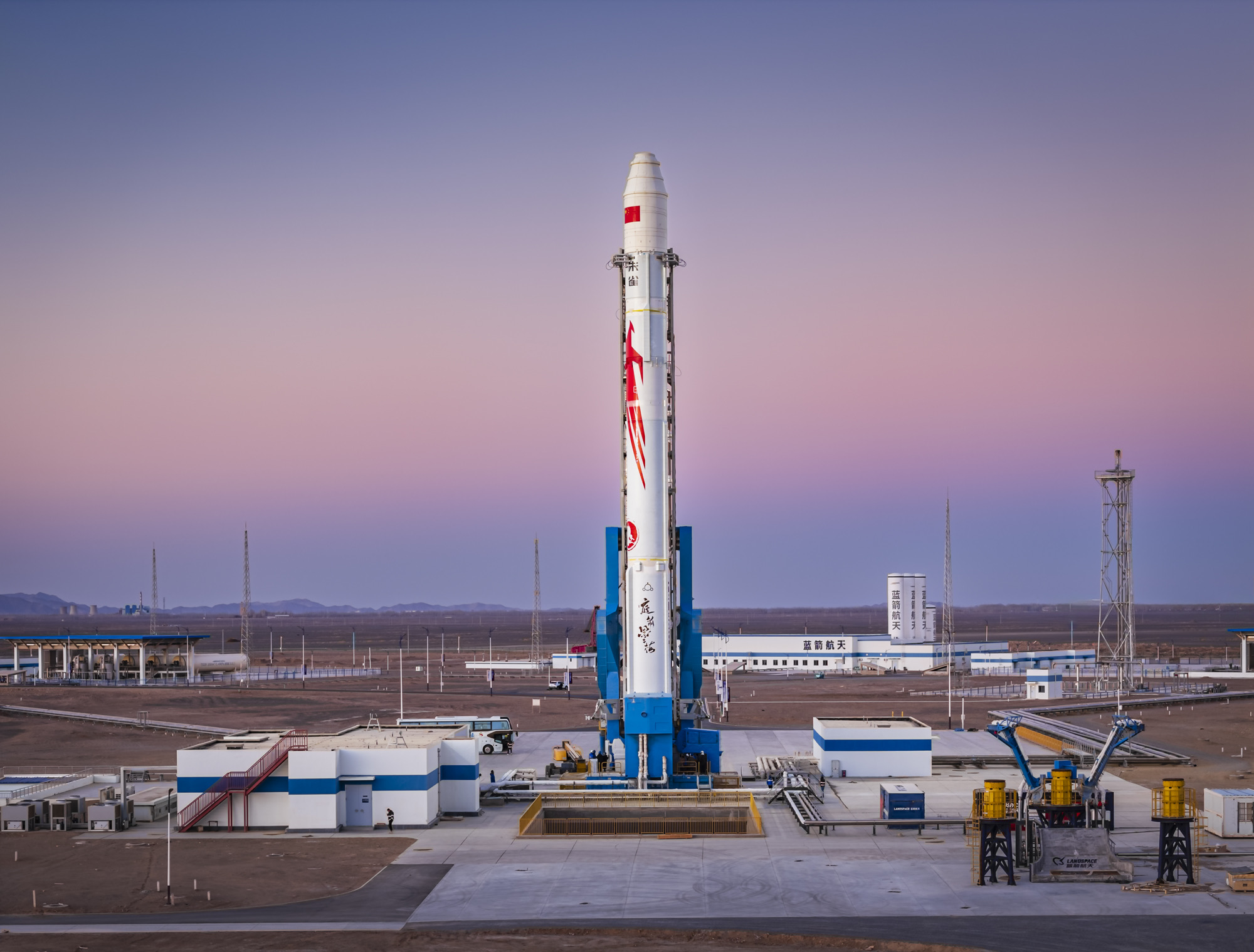Table of Contents
ToggleThe New Frontier of National Security
Space has become the new frontier for national security. Once the domain of astronauts, researchers, and commercial satellites, Earth’s orbit is now a battleground where geopolitical tensions are increasingly playing out. The ability to monitor, track, and defend against potential threats in space is no longer a futuristic concept—it’s an urgent necessity.
Two major players, Voyager Technologies and Palantir Technologies, have doubled down on this reality by forging a strategic partnership that aims to revolutionize Space Domain Awareness (SDA). Their alliance, combining Voyager’s advanced space technologies with Palantir’s artificial intelligence (AI) capabilities, could shape the future of military space operations.
Who Are the Companies Behind This Initiative?
Voyager Technologies: The Next Giant in Space Innovation
Voyager Technologies is not a household name—yet. Founded in 2019 and headquartered in Denver, the company has quickly positioned itself as a formidable force in the space sector. With a portfolio that spans defense, commercial space, and even plans for a private space station, Voyager is among the emerging firms redefining what private space exploration can achieve.
One of its most ambitious projects, Starlab—a commercial space station—has attracted major partners such as Airbus and even Hilton Hotels, reflecting the breadth of its space ambitions. But beyond commercial ventures, Voyager has cultivated a robust defense technology arm, developing solutions aimed at securing national interests in orbit.
Palantir Technologies: The AI Powerhouse
If Voyager is the rising star of the space industry, Palantir Technologies is a veteran of the national security and intelligence world. Founded in 2003, Palantir has made its mark through powerful data analytics and AI platforms, serving entities ranging from the U.S. Department of Defense to intelligence agencies.
Palantir’s AI-driven systems, such as its Foundry and Artificial Intelligence Platform (AIP), are already integral to national security infrastructure, helping officials parse vast amounts of data for critical decision-making. Its expertise in AI and machine learning is a perfect complement to Voyager’s hardware and defense solutions.
The Mission: Transforming Space Domain Awareness
At the heart of this partnership is the pressing need for enhanced Space Domain Awareness (SDA)—a term that refers to the ability to detect, track, and analyze objects in orbit. With an increasing number of satellites, debris, and potential adversarial threats in space, SDA has never been more crucial.
The goal of the Voyager-Palantir collaboration is clear: to develop an AI-powered system that integrates real-time intelligence from existing on-orbit assets. By leveraging Palantir’s machine-learning capabilities, this system aims to go beyond traditional satellite tracking methods, offering a dynamic, predictive model that can identify and assess potential threats in orbit before they escalate.
The Technology Behind the Collaboration
This initiative is far from a theoretical exercise. According to sources, the system will integrate Voyager’s signal processing electronics with Palantir’s AI-driven analytics. The result? An open-architecture platform capable of real-time tracking and classification of space objects.
This new system will progress through various stages of development, starting from Technology Readiness Level 4 (TRL4) and advancing to TRL8, with deployment planned as a hosted payload by 2026. In simpler terms, this means that over the next few years, the technology will be tested, refined, and ultimately integrated into live space operations.
The Bigger Picture: Why It Matters for National Security
The increasing militarization of space is not a dystopian fantasy—it’s already happening. Nations like China and Russia have been developing counter-space technologies, including anti-satellite weapons, which pose significant risks to U.S. and allied space assets.
The ability to preemptively detect, classify, and respond to potential threats in space could be the difference between maintaining strategic superiority and falling behind in the next great geopolitical competition.
The U.S. Space Force and other military entities have been actively seeking advanced solutions to bolster SDA capabilities. The Voyager-Palantir partnership offers a critical step toward that goal, providing decision-makers with a powerful tool to anticipate and neutralize potential threats in orbit.
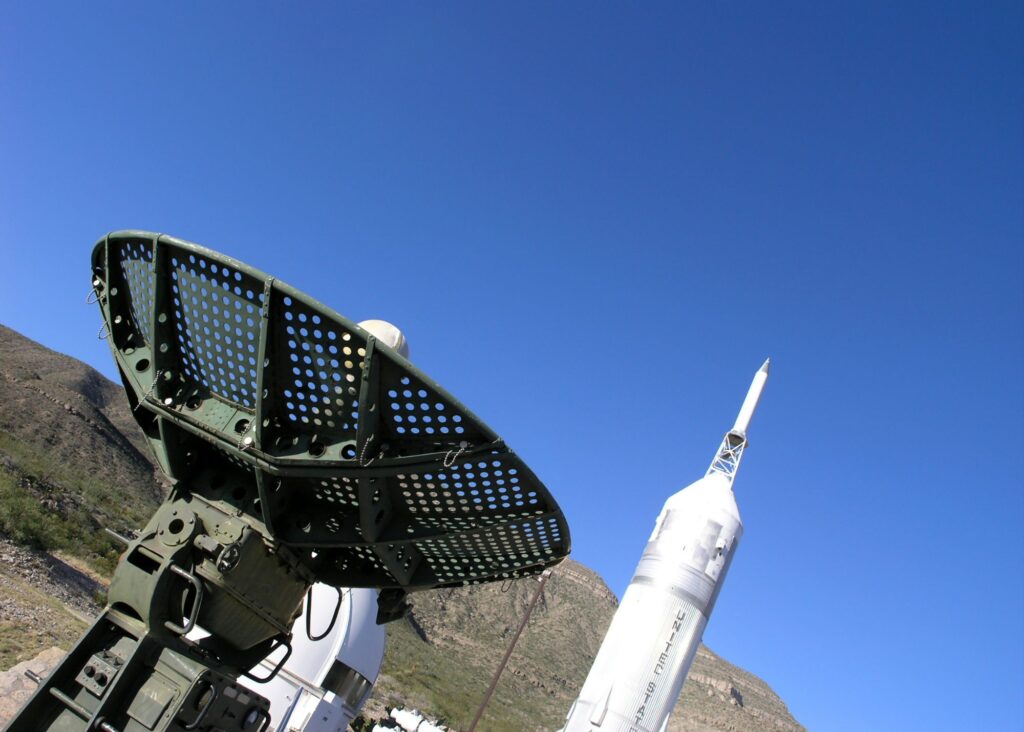
The Financial and Industry Impact
Beyond national security, the collaboration is poised to have significant implications for the broader space and defense industries. Voyager Technologies, which has confidentially filed for an initial public offering (IPO), is expected to be valued between $2 billion and $3 billion, signaling investor confidence in its future.
Meanwhile, Palantir, which has already established itself as a key player in AI-driven defense solutions, continues to expand its footprint in the space sector. This partnership underscores how AI is becoming a fundamental component of modern space operations—a trend that is unlikely to slow down anytime soon.
The defense and intelligence sectors are closely watching how this collaboration unfolds, as it could set a precedent for future private-sector partnerships in military space technology.
Looking Ahead: What Comes Next?
While the 2026 target for deployment marks a critical milestone, the work has only just begun.
As AI and machine learning technologies continue to evolve, so too will the capabilities of SDA systems. Future iterations of the Voyager-Palantir platform may incorporate even more sophisticated predictive analytics, quantum computing advancements, and integration with next-generation defense satellites.
Furthermore, as tensions in space intensify, international cooperation—or competition—will shape how SDA technologies develop. The U.S. and its allies may seek further collaborations with private companies like Voyager and Palantir to stay ahead of emerging threats.
Conclusion: A Defining Moment for Space Security
The collaboration between Voyager Technologies and Palantir Technologies is more than just a business deal—it’s a defining moment in the evolution of space security. By merging AI with space monitoring systems, the two companies are paving the way for a future where national defense extends beyond Earth’s surface.
As the space domain grows increasingly contested, investments in SDA will play a pivotal role in ensuring that the U.S. and its allies remain not only competitive but dominant in this new frontier.
The coming years will determine whether this ambitious initiative succeeds. But one thing is certain: the race to secure space has begun, and the stakes could not be higher.

